Li Ka Shing Gift Supports UCSF Quest for Precision Medicine
The Li Ka Shing Foundation has pledged $2 million to support UCSF’s efforts to advance precision medicine, an emerging field aimed at revolutionizing medical research and patient care.
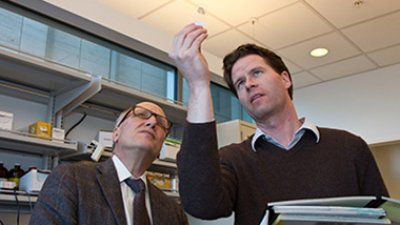
University of California San Francisco
Give to UCSFThe Li Ka Shing Foundation has pledged $2 million to support UCSF’s efforts to advance precision medicine, an emerging field aimed at revolutionizing medical research and patient care.

<p>An innovative project to develop a potential therapy to treat a wide range of cancers has won a major UC San Francisco award that aims to drive promising early-stage research through the complex process of translating ideas into patient benefit.</p>
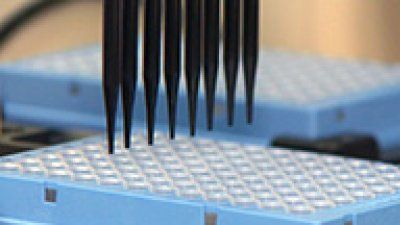
<p>A UCSF-led effort to create an implantable artificial kidney for dialysis patients is now featured in a video as part of the University of California's Onward California campaign.</p>
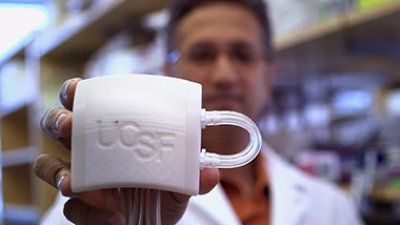
<p>A UCSF team has developed an ambitious online cardiovascular study using smartphones, with the goal of enrolling 1 million people from all over the world to improve heart health.</p>
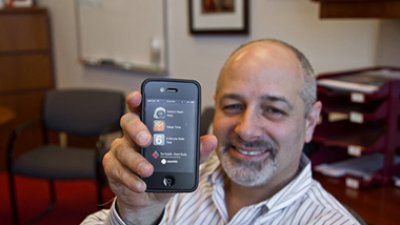

Scientists at UCSF have found a more precise way to turn off genes, a finding that will speed research discoveries and biotech advances and may eventually prove useful in reprogramming cells to regenerate organs and tissues.
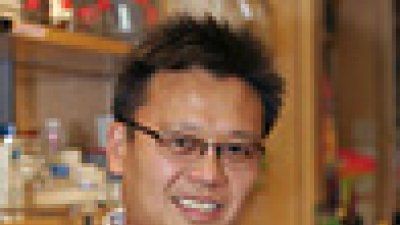
Emergency departments play a critical role in health care, yet consumers typically know little about how medical charges are determined and often underestimate their financial responsibility -- then are shocked when the hospital bill arrives.

The results of a large epidemiological study conducted at UC San Francisco suggest that sugar may have a direct, independent link to diabetes.

<p>One current and three former UCSF scientists are among 11 named as recipients of a major new award aiming at spurring life sciences innovation that’s sponsored by a Russian Internet entrepreneur and Silicon Valley business leaders, including founders of Facebook and Google.</p>
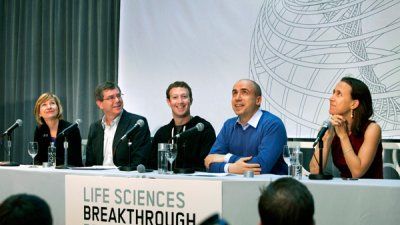
<p>A team of researchers at UCSF has uncovered the neurological basis of speech motor control, the complex coordinated activity of tiny brain regions that controls our lips, jaw, tongue and larynx as we speak.</p>
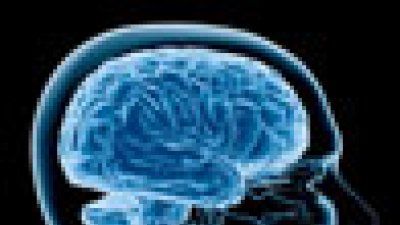
Over a span of nearly 20 years, California’s tobacco control program cost $2.4 billion and reduced health care costs by $134 billion, according to a new study by UCSF.

<p>UCSF researchers have discovered a molecular machine that helps protect a cell’s genes against invading DNA that contributes to inherited human disease and death.</p>

Stem cells of the aging bone marrow recycle their own molecules to survive and keep replenishing the blood and immune systems as the body ages, UCSF researchers have discovered.

<p>A new study finds that hundreds of thousands of lives could be saved over 10 years if Americans reduced their sodium consumption to the levels recommended in federal guidelines.</p>
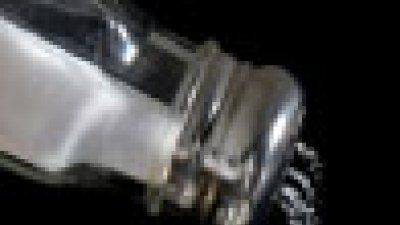
Mothers who are exposed to particulate air pollution of the type emitted by vehicles, urban heating and coal power plants are significantly more likely to bear children of low birth weight, according to a UCSF-led international study.

<p>Postdoctoral fellow Amanda Fallin will talk about the tobacco industry's role in shaping the tea party at a symposium presented by the UCSF Center for Tobacco Control, Research and Education on February 8.</p>

<p>UCSF will launch the celebration of the Mission Bay campus' 10-year anniversary on Wednesday, Jan. 23, with a news conference and reception at Genentech Hall that will be livestreamed.</p>

<p>With UCSF Mission Bay gleaming brighter every day, it’s easy to forget a time when some UCSF researchers did not want to leave the hive of activity on the Parnassus Heights campus for entirely new labs across town in a once-forsaken neighborhood.</p>

New research in Nature concludes the eye – which depends on light to see – also needs light to develop normally during pregnancy.

Two UCSF teams have received a total of $16 million from the Bill & Melinda Gates Foundation to study new ways to significantly reduce childhood mortality and disease in developing nations.

<p>What makes a good mentor? Previous studies have shown the professional benefits of cultivating a strong mentoring relationship, but a recent study co-led by UCSF researchers delved further to analyze the attributes that make a successful mentor-mentee pairing.</p>

<p>UCSF is a health-sciences research powerhouse – a premier academic medical center that values not only the physician who designs clinical trial protocols for promising experimental drugs, but also the talented lab scientist who unearths nature’s secrets on the molecular and cellular levels.</p>

<p>A large-scale study of marijuana's toll on the lungs, the dangers of sugar, Shinya Yamanaka's Nobel Prize win for his stem-cell science discovery, sex-starved fruit flies that drink more and the promise of a brain cancer vaccine were among the top 10 most-read stories of 2012.</p>

Hospital MRIs may be better at predicting long-term outcomes for people with mild traumatic brain injuries than CT scans, according to a clinical trial led by researchers at UCSF and the San Francisco General Hospital and Trauma Center.
